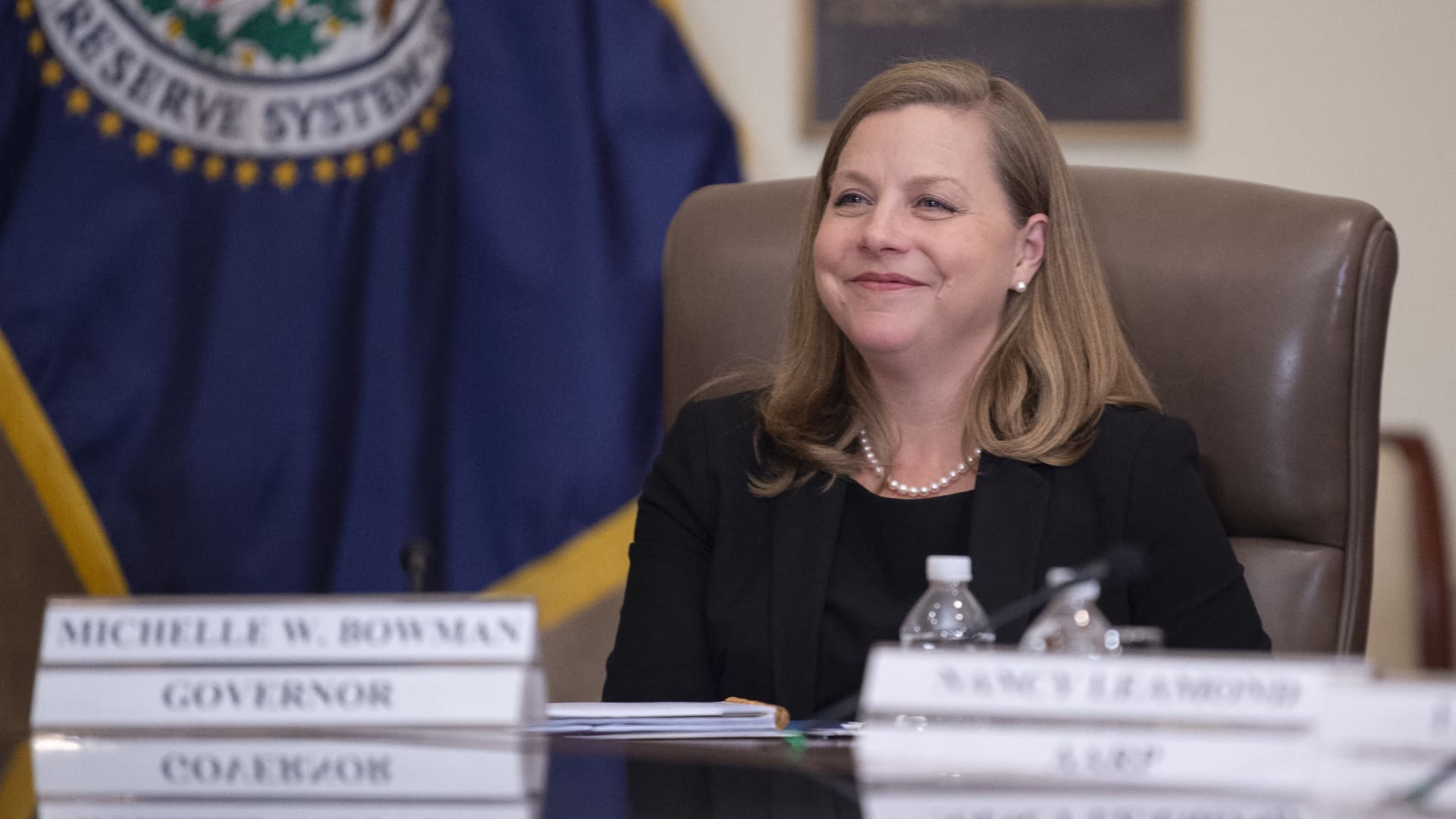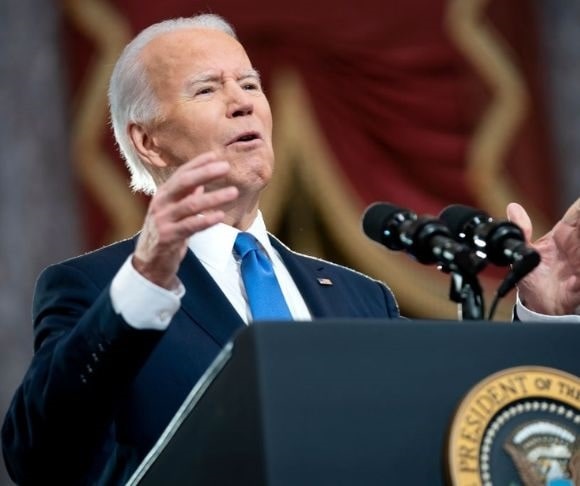There are decades where nothing happens; and there are weeks where decades happen.” These words from Vladimir Lenin have never been so relevant. While the world woke up to the importance of leveraging technology during the pandemic, India has quietly shown the world the power of an inclusive citizen-centric innovation framework. Thanks to the success of Digital India, leadership in this sphere can be our lasting legacy to the world. And as the rules of a new digital world are written, India’s G20 presidency for 2023 will offer us a platform to showcase our success story of ‘best known practices’ that others can learn from.
Over the last 75 years, India has executed many citizen-friendly programmes. Today, over 20 platforms support the Digital India initiative, touching over a billion lives and presenting a $700 billion opportunity for India by 2030. When we quantify its impact, these initiatives cut across every sector from health and agriculture to finance and urban governance. Today, over 775 million Indians have access to broadband services, telemedicine has grown 500%, Co-Win enabled over 2 billion vaccination doses, the Aadhaar ecosystem has scaled to 1.3 billion registrations, and Bhim UPI clocked over 6.28 billion transactions as of July 2022. And this merely scratches the surface of the scale that has been achieved so far.
You might also like
The test for India’s sovereign green bonds
Why Nykaa’s fashion biz is a blemish for growth
KKR, Temasek eye stakes in Manipal Health
Centre wants Voda Idea promoters to pump in more equity
Each of these platforms offers a story of success on India’s tech inclusivity, innovation, scale and impact. The opportunity ahead of us is to flip the innovation lens to focus on something fundamentally important for all of us but is often forgotten: i.e., leveraging technology to improve human lives.
India now has the global gravitas, a growing technology and innovation ecosystem and the intellectual prowess to play its rightful role at the global high table in transforming global innovation and ease of doing business, success factors that has been limited to only a few developed nations so far.
For a digital economy to succeed, it must provide all citizens equal opportunity and access to critical services. India needs to reflect on its strength here: an opportunity to lead the creation of a framework for a citizen-centric digital economy under its G20 presidency. Its design would have to be hardwired on the principles of trust and inclusion, and built by the building blocks of talent, regulation that encourages innovation, digital public infrastructure, a robust datafication strategy and an uncompromising focus on security. India’s sweet spot is its leadership in building inclusive platforms for public goods. The country has firmly led the change through its affordable platform development, priority-based regulatory approvals, data infrastructure, open technology-based adherence platforms and population-scale rollouts.
The conversation on a digital economy has been led primarily by the West and focused on technology innovation, data-sharing strategies, etc. I believe this is India’s time to leverage its success in creating a citizen-centric digital economy to lead such a shift globally. We are living in times when it is of utmost importance to tackle challenges like global warming. It is equally important to ensure that as we achieve these solutions, no country or citizen gets left behind. We need to showcase technology as humankind’s greatest equalizer.
India is well poised today to lead the creation of a global framework for a citizen-centric digital economy, and as part of it, we should focus on a few key outcomes that are of critical importance to the world and India—for instance, providing affordable healthcare for all, clean energy, food for all, and clean water. Under each select priority, India can lead the creation of strategic moonshot projects that focus on solving real-world challenges and create equal access and opportunities for everyone.
Examples of such moonshots could include an artificial intelligence (AI)- enabled new or repurposed diabetes drug discovery programme, built on top of a strong population health data block with real-time and historical data gathered through a network of non- invasive Internet-of-Medical-Things (IoMT) devices at primary healthcare centres. This could solve problems of healthcare access and affordability and promote self-reliance in drugs. Such an effort would not only help India reduce its premature mortality rate from non-communicable diseases by one-third, but also address the needs of a diabetic population of around 100 million in African and West Asian countries, thus providing an alternative definition of a ‘digital economy’ from a developing world point of view.
Tomorrow cannot be a repeat of yesterday. We have to use every bit of our creativity and human ingenuity to create something better—a future that is much more sustainable, safer and of course inclusive.
In the past two years, India has not just started an irreversible journey as a digital economy, it also stands tall in terms of the creative use of technology to create a truly inclusive technological design—something the world would benefit by learning from us. And through the country’s G20 presidency, India could become the architect of this redesigned digital economy, so that when the world thinks digital, it thinks India.
Debjani Ghosh is president, Nasscom.
Elsewhere in Mint
In Opinion, Biju Dominic says activity trackers can change your beahviour. Amit Kapoor & Bibek Debroi tell how to boost India’s competitiveness. Long Story reveals the ugly truth of a dud vaccine.
Download The Mint News App to get Daily Market Updates.
More
Less















